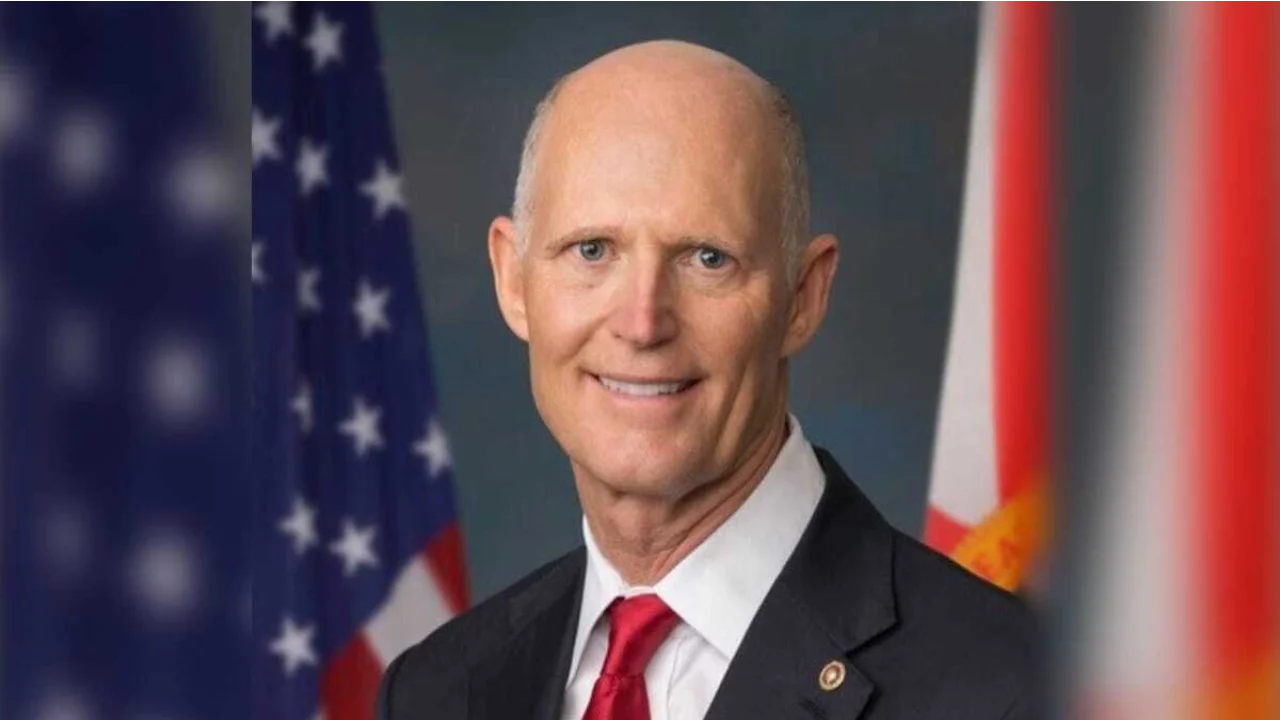Chairman Rick Scott of the U.S. Senate Special Committee on Aging led a hearing focused on addressing elder abuse and neglect across the United States. The session, titled “Awareness to Action: Combating Elder Abuse and Neglect,” brought together experts to discuss how Congress can better protect older Americans through reauthorization of the Older Americans Act (OAA) and other measures.
The OAA provides funding for programs that support the health, safety, and dignity of seniors. Chairman Scott is leading efforts in the Senate to reauthorize this legislation, which has been in place for 60 years and supports over 10 million older Americans annually through various services.
Expert witnesses at the hearing included Maricela Morado, president and CEO of the Area Agency on Aging for Southwest Florida; Nelson Bunn, executive director of the National District Attorneys Association; and Sean Voskuhl, state director for Oklahoma AARP. They discussed ways to improve early detection, reporting, and prevention of elder abuse by increasing public awareness, strengthening community-based interventions, and enhancing coordination among caregivers, health professionals, and law enforcement.
During his opening remarks, Chairman Scott stated:
“Today’s hearing is meant to bring attention to a heartbreaking issue. People spend years planning, working, and dreaming of an enriching and fulfilling retirement. Never does that dream include possible abuse or neglect of a friend, loved one, or themselves. Unfortunately, elder abuse and neglect happen every day, and too often, our seniors suffer in silence. A recent study from AARP shows that only 1 in 14 cases of elder abuse are reported.”
He also noted challenges in prosecuting these crimes due to victims’ reluctance or inability to testify—often because they lack a trusted support system or have a personal relationship with their abuser.
Scott highlighted his legislative work against fraud targeting seniors:
“One of the first bills I fought to make law after I was elected to the Senate in 2018 was the Telephone Robocall Abuse Criminal Enforcement and Deterrence (TRACED) Act to combat abusive robocalls. The TRACED Act gives regulators more time to find scammers, increases civil forfeiture penalties for those who are caught, promotes call authentication and blocking adoption (technology that prevents these calls from reaching consumers in the first place), and brings relevant federal agencies and state attorneys general together to address hurdles to criminal prosecution of robocallers who intentionally flout laws. Put simply, the TRACED Act protects Americans, especially our seniors, from abusive robocalls.”
He added that while progress has been made with laws like TRACED—signed by President Trump in 2019—more action is needed as victimization continues.
Scott called for increased support at all government levels for programs that train individuals interacting with seniors on identifying signs of physical, mental or financial abuse. He emphasized preventive services such as adult day care programs, transportation assistance, meal delivery services—which not only provide essential help but also serve as opportunities for building trust so abuse can be reported safely.
He said:
“Many of these essential programs that work on identifying and preventing elder abuse and neglect are overseen and authorized by the Older Americans Act... For 60 years, the Older Americans Act... has helped countless seniors through social connection and life-affirming support programs.”
Scott expressed pride in working with Senators Gillibrand (Ranking Member), Cassidy (HELP Committee Chair), Sanders (HELP Ranking Member), stating their joint leadership aims at securing OAA reauthorization—a critical tool against elder neglect.
The OAA supports family caregiving services as well as legal assistance programs connecting vulnerable seniors with resources they need. It also funds local meal delivery initiatives which often represent some seniors’ only regular contact outside their homes—a vital opportunity for recognizing potential mistreatment.
Scott acknowledged federal leadership supporting these efforts:
“Health and Human Services Secretary Robert F. Kennedy Jr. recently made a point to highlight how important these in-home meal services are by being the first sitting HHS secretary to visit and deliver meals himself.”
He concluded:
“My hope is that with this hearing we can draw attention to people and programs working on the front lines... as well as victims we are failing if we fail to act.”









